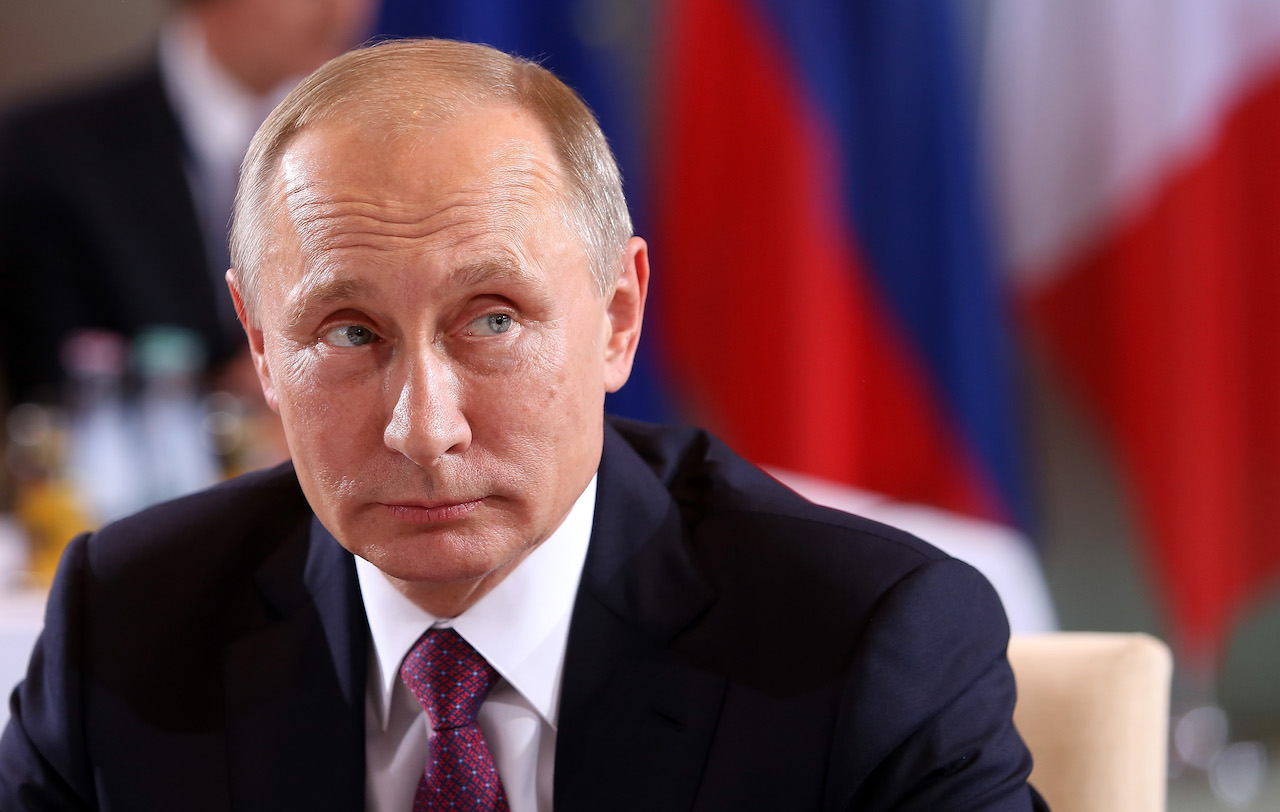Russian operatives worked to capitalize on racial and religious tensions leading up to the US election by purchasing Facebook ads aimed at appealing to one group and inciting another, The Washington Post reported on Monday.
The Post, citing over 3,000 ads that Facebook is planning to turn over to congressional investigators, found that some ads promoted groups like Black Lives Matter while others demonized those groups and painted them as a rising threat to American society.
Operatives also reportedly bought ads that focused on heating up religious divides by, for instance, indicating that Muslim women leaned towards supporting Democratic nominee Hillary Clinton as opposed to Donald Trump.
“Their aim was to sow chaos,” Sen. Mark R. Warner, the ranking member on the Senate Intelligence Committee, told The Post. “In many cases, it was more about voter suppression rather than increasing turnout.”
The US intelligence community concluded earlier this year that Russia launched an elaborate and multi-pronged campaign to interfere in last year's election. One part of the effort involved using websites like Facebook and Twitter to create automated accounts and spread fake news and pro-Trump agitprop.
The Post's report sheds new light on that effort and on Russia's extensive use of the social-media platform as part of its disinformation campaign, and congressional investigators are reportedly "troubled" by Russia's "sophisticated" understanding of the nuances of American political discourse.
Facebook reportedly discovered traces of Russian activity on its site last June. Cybersecurity experts at the company found that the Russian hacking group Fancy Bear was setting up several "shadowy accounts" on Facebook to amplify the reach of the hacked DNC emails, according to The Post. The US intelligence community has said Fancy Bear is an extension of the GRU, which is Russia's military intelligence arm.
Facebook reportedly contacted the FBI at the time, but determined upon examining the accounts further that they were financially motivated and did not seem linked to a foreign government.
Facebook recently came under the microscope after it emerged that fake accounts linked to Russian entities used the platform to spread disinformation and bought $100,000 worth of divisive political ads leading up to the election.
The company still does not know the extent of Russia's ad purchases or whether these unidentified ad buys are still on the site. Facebook has since confirmed that Russia-linked groups went further than buying ads and posting memes - they tried to organize anti-immigrant, anti-Clinton rallies in Texas and Idaho.
Zuckerberg said in a statement on Thursday that the company was examining how the presidential campaigns used its tools to promote ads or other content during the election.
In doing so, Facebook will look not only into "foreign actors, including additional Russian groups and other former Soviet states," Zuckerberg said, but also "organizations like the campaigns" to further its "understanding of how they used our tools."

